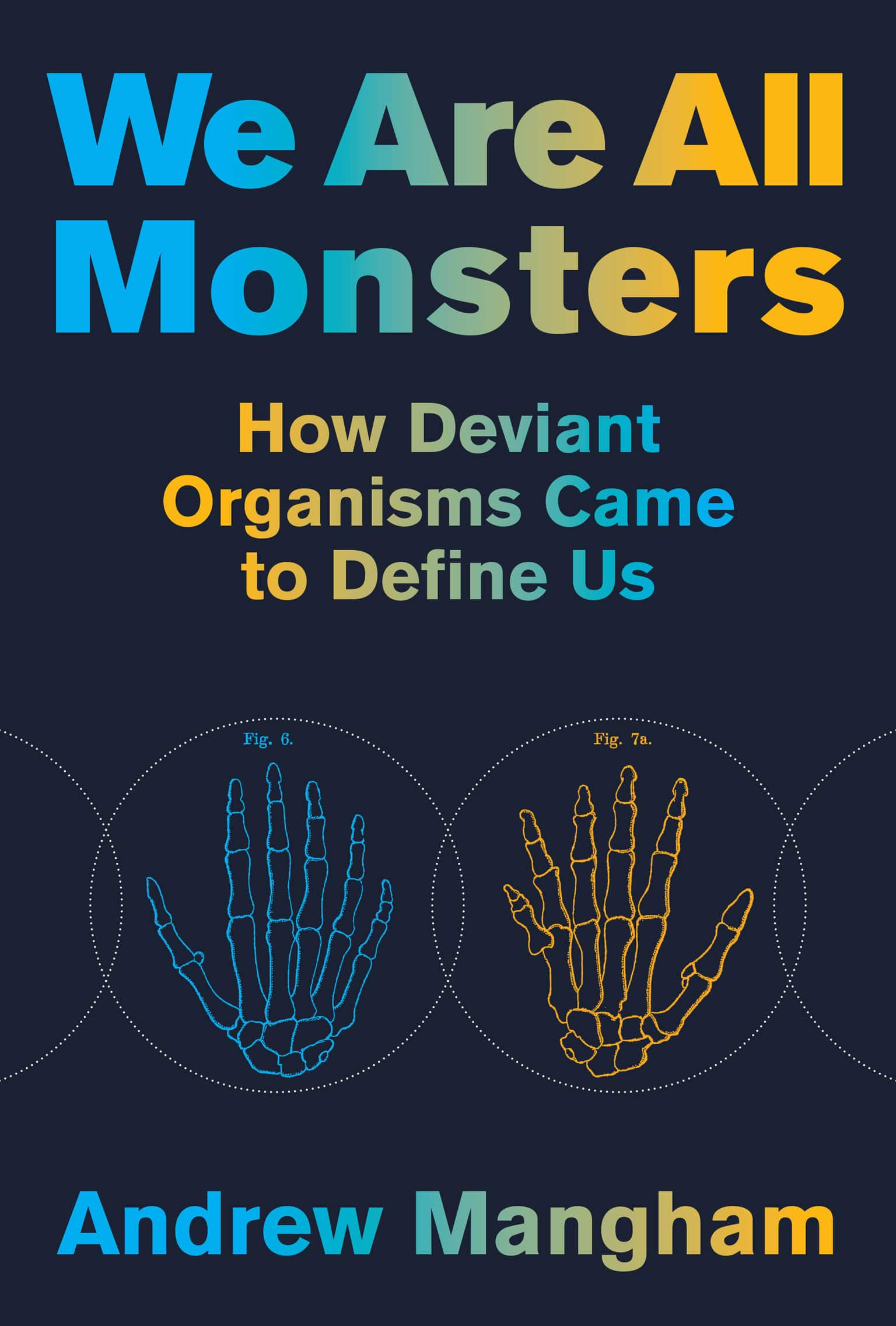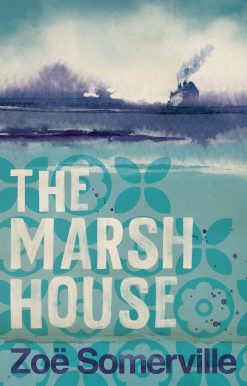How Deviant Organisms Came to Define Us: We Are All Monsters
32.95 JOD
Please allow 2 – 5 weeks for delivery of this item
Add to Gift RegistryDescription
How the monsters of nineteenth-century literature and science came to define us.“Was I then a monster, a blot upon the earth, from which all men fled and whom all men disowned?” In We Are All Monsters, Andrew Mangham offers a fresh interpretation of this question uttered by Frankenstein’s creature in Mary Shelley’s 1818 novel in an expansive exploration of how nineteenth-century literature and science recast the monster as vital to the workings of nature and key to unlocking the knowledge of all life-forms and processes. Even as gothic literature and freak shows exploited an abiding association between abnormal bodies and horror, amazement, or failure, the development of monsters in the ideas and writings of this period showed the world to be dynamic, varied, plentiful, transformative, and creative.In works ranging from Comte de Buffon’s interrogations of humanity within natural history to Hugo de Vries’s mutation theory, and from Shelley’s artificial man to fin de siècle notions of body difference, Mangham expertly traces a persistent attempt to understand modern subjectivity through a range of biological and imaginary monsters. In a world that hides monstrosity behind theoretical and cultural representations that reinscribe its otherness, this enlightened book shows how innovative nineteenth-century thinkers dismantled the fictive idea of normality and provided a means of thinking about life in ways that check the reflexive tendency to categorize and divide.
Additional information
| Weight | 0.6583 kg |
|---|---|
| Dimensions | 2.667 × 16.0274 × 23.6474 cm |
| Author(s) | |
| Format Old` | |
| Language | |
| Pages | 344 |
| Publisher | |
| Year Published | 2023-2-14 |
| Imprint | |
| Publication City/Country | USA |
| ISBN 10 | 0262047527 |
| About The Author | Andrew Mangham is Professor of Victorian Literature and Medical Humanities at the University of Reading, UK. He is the author of The Science of Starving in Victorian Literature, Medicine, and Political Economy, Dickens’s Forensic Realism, and Violent Women and Sensation Fiction. |
| Other text | “For those fascinated by Nature’s monsters, her games and experiments on the shelves of medical museums, and uncanny fiction, Andrew Mangham is the perfect guide through labyrinthine nineteenth-century visions of anomalous bodies, both scientific and literary.”—Eleanor Crook, Anatomical Sculptor and Artist in Residence, Gordon Museum of Pathology, King's College London; Morbid Anatomy European Attaché“We Are All Monsters is a prescient work of original scholarship and thought that engages with the ongoing discourse of the last decade concerning the Postmillennial Gothic. Professor Andrew Mangham has not only brought science and the medical humanities into this crucial discussion about how we (should) define the monstrous, but he’s shown us that our current Gothic zeitgeist began, in fact, over two centuries ago in the medical sciences!”—John Edgar Browning, professor of Liberal Arts at the Savannah College of Art and Design; co-editor, Speaking of Monsters: A Teratological Anthology |
| Table Of Content | Notes xiIntroduction 11 Monstrous Germs and Perpetual Formation 252 "Monster That I Am": Frankenstein's Filthy Creation 613 Arrested Developments and Aborted Archetypes 954 "Fantastic and Monkey-Like": Dickens's Curiosities 1275 Recapitulations, Leaps, and Memories 1596 Lucas Malet's "Faculty of Actualizing" 191Coda: Modern Difference 227Acknowledgments 241Glossary 243Notes 247Bibliography 291Index 319 |
Only logged in customers who have purchased this product may leave a review.






Reviews
There are no reviews yet.